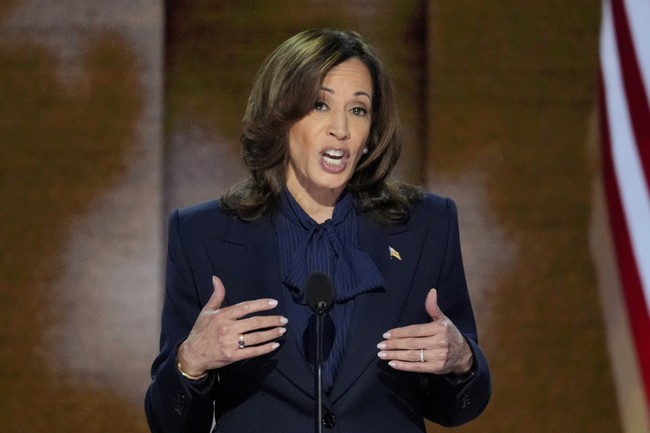Will US and Russia Find Common Ground on Ukraine?
Amid escalating tensions, Russia has rejected US proposals for peace in Ukraine, citing unresolved issues. A comprehensive resolution seems distant as discussions falter.
Published April 02, 2025 - 00:04am

Image recovered from irishtimes.com
The ongoing conflict in Ukraine continues to challenge diplomatic relations between the United States and Russia, with both sides struggling to find common ground. Recent diplomatic exchanges have seen Russia rejecting the current US proposals for a peace settlement in Ukraine, marking a significant impasse in efforts to resolve a conflict that has continued for years. The Kremlin, represented by Deputy Foreign Minister Sergei Ryabkov, has emphasized the inadequacy of the US plans in addressing what Moscow sees as the root causes of the conflict.
Ryabkov's comments underscore a broader narrative of stalled negotiations, where both sides have expressed discontent over the current state of discussions. From Russia's perspective, key demands that it views as essential for a peace process, such as NATO membership exclusion for Ukraine and recognition of territorial control, remain unaddressed by the US. Such demands, although seen by Kyiv as undermining their sovereignty, are pivotal for Moscow in any potential deal.
US President Donald Trump's administration, on the other hand, has been engaged in intensifying diplomatic efforts to broker peace. However, frustrations are mounting within the White House as attempts to reconcile differences between Russia and Ukraine have yet to yield a significant breakthrough. Trump has expressed dissatisfaction with recent developments, intimating possible economic repercussions for Russia, such as imposing tariffs on oil, should progress remain elusive.
Despite the overtures from Washington, skepticism persists regarding the willingness of either side to acquiesce to the conditions demanded by the other. Russian President Vladimir Putin's insistence on Ukraine's military neutrality and territorial compromises are met with resistance, not only by Ukraine but also by various international observers, who see such conditions as detrimental to the integrity and independence of Ukraine.
The international community is watching closely as these developments unfold. European nations, particularly those aligned with NATO, are concerned about the wider geopolitical consequences should these talks fail. The potential of a protracted conflict, coupled with the risk of further destabilization in Eastern Europe, adds urgency to the need for a diplomatic resolution.
Amidst these geopolitical tensions, there remains the underlying issue of foreign military aid to Ukraine, which Russia staunchly opposes. The continued influx of military resources has been a contentious point, with Russia viewing it as an escalation that compromises any chances for peace. Conversely, Ukraine and its allies argue that such support is crucial for defending its sovereignty in the face of Russian aggression.
Adding complexity to the situation, regional alliances and international partnerships play a significant role in shaping the strategies adopted by the US and Russia. While the US remains a staunch supporter of Ukraine's aspirations, which include potential NATO membership, Russia's consistent rejection of this path further complicates dialogue.
The stalemate has also resulted in a bizarre diplomatic climate where direct engagement seems fraught with disagreements on fundamental issues. The involvement of other international actors, such as Saudi Arabia in mediated talks, has yet to move the needle toward a resolution, indicating that the core disputes extend beyond just the main stakeholders.
In summary, the path to peace in Ukraine remains fraught with obstacles. The inability of US and Russian negotiators to align their positions on the central issues continues to perpetuate a cycle of stalled diplomacy. As leaders deliberate on potential pathways forward, the global community anticipates whether a resolution could emerge from these complex negotiations or whether the conflict will remain a prolonged geopolitical struggle.






